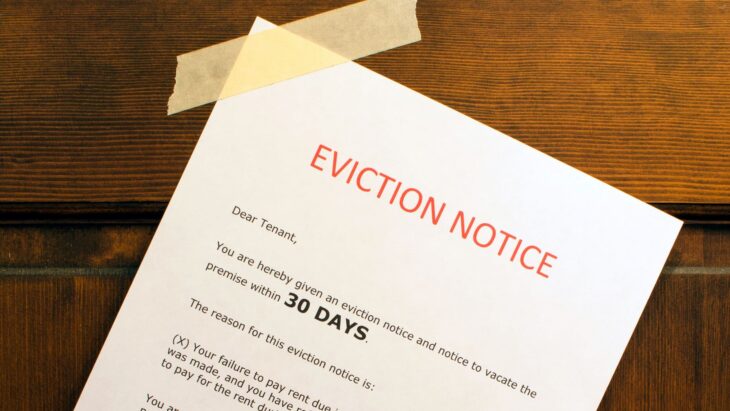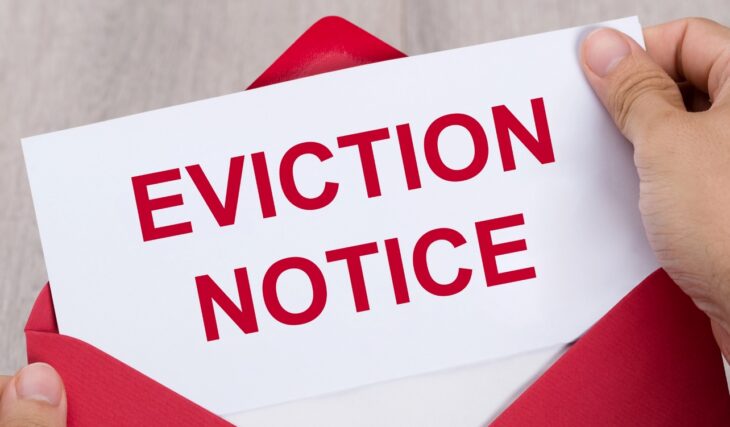Do you have vacant units you’d like to rent? Is an existing tenant moving out and you’re not sure whether you should rent to a new tenant?
Rental properties are normally a stable source of income, but the COVID-19 pandemic has changed the game for property owners. In 2024, The Centers for Disease Control and Prevention (CDC) enacted a nationwide moratorium on evictions for renters unable to pay rent because of the pandemic.
The national moratorium, dubbed the CARES Act, originally applied only to housing financed by federally funded mortgages. However, many states and local cities enacted their own bans, and expanded the protection to apply to every renter.
For a little over a year, quite a few tenants have refrained from paying rent. As a consequence, landlords have struggled to cover their mortgages and pay their bills.
The moratorium was extended several times during 2024 and 2024. The CDC recently extended the national moratorium once again to last through October 3, 2024. If you’re going to rent to anyone under the moratorium and its varied extensions, you’ll have to observe the following precautions.

Source: windows.net
Contents
1. Hire a property manager
Being a landlord is already frustrating. Handling tenants during the eviction moratorium is less than a joy. But if you hire a property management company, you won’t have to be a landlord.
Property management companies like Green Residential take pride in offering a full suite of services for property investors. They handle everything from rent collection to eviction services. Property investors in Houston have been through the wringer during the eviction moratorium and if you talk to any of them, they’ll tell you a property manager makes life easier.
If you’re renting during the moratorium, tensions will be higher than normal and a property manager can make your life easier, less stressful, and smooth. You’ll have someone working for you to handle everything from filling vacancies and collecting rent to filing eviction lawsuits and delivering notices.
Since landlord-tenant laws have strict, specific requirements that must be followed, it’s helpful to have a team of experienced property managers handling everything for you. Under normal circumstances, you don’t want to make a mistake and end up getting sued by your tenants. During the pandemic, the legal stakes are much higher and making a mistake is not an option.

Source: kiplinger.com
2. Hire a lawyer
Only a lawyer can help you make sense of current rental laws during the pandemic. So many situations have gone to court, and various rulings have made it hard to keep track.
The eviction moratorium was ruled unconstitutional by a Texas Supreme Court judge; however, no injunction was issued. The CDC did not voluntarily withdraw the moratorium. Still, Texas landlords began evicting tenants successfully and have been doing so ever since.
However, even though the U.S. Supreme Court recently struck down the national eviction moratorium, evictions are still being halted in other states. Many of these states have state-wide or local eviction moratoriums in place. Trying to sort out those details without a lawyer will give you a headache.
Do you know what the current landlord-tenant laws are in your state? If you’re not paying attention to every piece of legislation and state regulation that passes, you might be missing some vital information.
For example, in Washington state it’s now illegal for a landlord to issue a no-cause notice to vacate. Under the new Washington state law, there are only fourteen reasons a landlord may give a tenant notice.
This includes standard notices to vacate and evictions. Unfortunately, deciding you just don’t want a tenant anymore isn’t one of the valid reasons.

Source: Medium.com
3. Be prepared for consequences after filing an eviction lawsuit
If you decide to file an eviction lawsuit, be prepared for significant consequences. By the time your case gets to court, the laws may have shifted yet again.
Three months from now, a legal eviction might be deemed illegal. You may not know until you walk into the courtroom, so be prepared for potential consequences.

Source: endeviction.com
4. Have a plan for prioritizing repairs and maintenance
During the eviction moratorium, you’re still legally obligated to perform all necessary repairs and maintenance. If you’re not receiving rent from your tenants, the cost to perform repairs will come out of your pocket.
Therefore, it’s crucial to prioritize repairs and maintenance by skipping the cosmetic stuff and focusing only on required repairs. If you’re sitting on a vacant unit, consider the possible things that might break down during your next tenancy.
For example, is the refrigerator old? Does the oven work only intermittently? When was the last time you checked your plumbing?
If anything major is likely to fail during the next tenancy, fix it before you rent the unit. If you can’t afford to fix the problems now, you’ll have a harder time if you wait until a tenant is living on the premises.

Source: perfectagent.com.au
5. Be prepared to sell your property
In the beginning, landlords were given leniency by mortgage lenders much like tenants. For example, Fannie Mae and Freddie Mac offered forbearance up to 90 days if a property owner’s tenants couldn’t pay rent.
However, both required documentation to prove hardship from landlords and their tenants. To qualify, the owner could not evict a renter during the 90 days in forbearance.
The recent eviction moratorium extensions have not included protection for landlords. If your tenants aren’t paying rent and you don’t have another source of income, you’re at risk for foreclosure.
So you should be prepared to sell your property if the moratoriums continue to get extended. There’s no telling when the extensions will end, if ever.
If you’re going further into debt, recognize that at some point, your profits won’t be recoverable. If you need to get out while you’re ahead, consider selling before you lose too much.

Source: wlns.com
Be prepared for an extended eviction moratorium
Be prepared! Based on recent history, the eviction moratorium might be extended several more times. Be ready to do whatever’s necessary to maintain your profitability, even if that means selling your property in the event you may not have a chance to recover.
